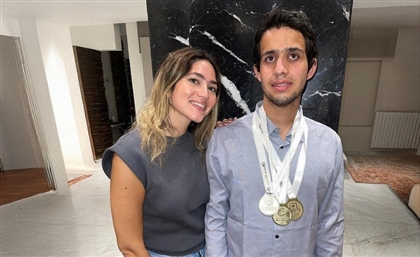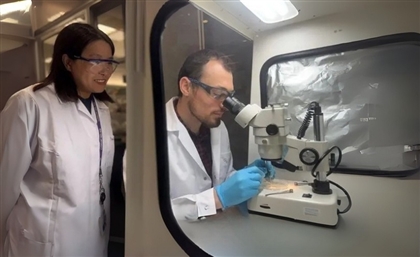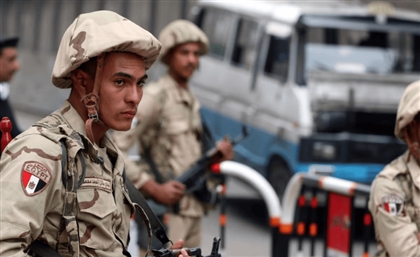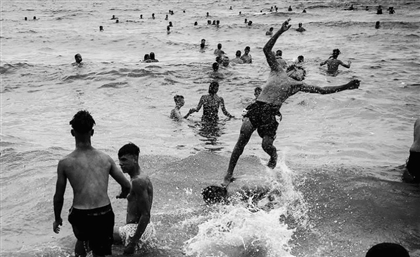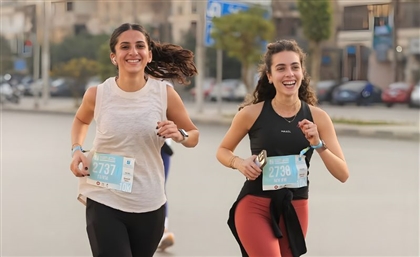NCPD Flags Lack of Disability Representation in Ramadan Dramas
The report praised ‘Welad Al-Shams’, while pointing out issues in series like ‘Seed El-Nas’ and ‘Shahadat Mo’amalat Atfal’.

The National Council for People with Disabilities (NCPD) has issued a report criticising the limited and often inaccurate portrayal of individuals with disabilities in Egyptian television dramas aired during Ramadan 2025. Released during the Conference on the Advancement of Egyptian Drama, the report reflects ongoing efforts to monitor media representation and promote more inclusive storytelling. Over the course of Ramadan, a committee appointed by the Council tracked how disabilities were portrayed in this year’s television season. While the report acknowledged efforts by some shows to challenge social stigma, it stressed that representation overall remains sparse—despite people with disabilities making up approximately 15% of Egypt’s population. The report cited ‘Welad Al-Shams’ as one of the few exceptions. In the series, the character Ebeid, portrayed by Mina Abouelzahab, lives with dwarfism and faces repeated discrimination. From being denied job opportunities to being exploited in a circus, his experiences reflect both overt and subtle social biases. The show also delved into his emotionally manipulative relationship with Baba Maged (played by Mahmoud Hemeida), who convinced Ebeid he was the only one who truly valued him. The Council praised Ebeid’s role for breaking stereotypes and giving visibility to the lived experiences of individuals with dwarfism. In contrast, ‘Seed El-Nas’ was sharply criticised for its portrayal of autism. The show introduced an autistic child, Aser, but failed to accurately depict the condition. The character’s behaviour—marked by manipulation and exaggerated communication—did not align with established scientific understanding of autism. The series was also faulted for offering no emotional or educational support for families, and for missing the opportunity to build awareness or empathy. One scene in ‘Seed El-Nas’ was further condemned for mocking people with short stature. In it, actor Amr Saad encounters a man with dwarfism and passes between his legs, using the moment for visual comedy. The Council flagged this as a clear example of dehumanising humour. Other Ramadan series faced similar scrutiny. In ‘El Atawla’, a young girl with cerebral and muscular atrophy was reduced to a plot device, used merely to justify her mother’s criminal actions. Her character lacked development and did not offer viewers insight into her condition. The show also featured a scene in which Bassem Samra claimed a fashion look was “inspired by autism and loneliness”, trivialising neurological disorders. The Council also identified errors in shows depicting visual impairment. In ‘Ashghal Shaqqa Jiddan’ and ‘Shahadat Mo’amalat Atfal’, characters used tools or underwent tests inconsistent with their diagnosed conditions, reflecting poor research. In ‘We Taqabel Habib’, a character in a wheelchair appears abruptly in the final scene with no narrative explanation—implying, the report argues, that disability is a punishment or moral consequence. The NCPD concluded by calling for deeper collaboration between production companies and the Council to ensure accurate and balanced depictions of disability. It recommended that dramas include characters with disabilities in meaningful roles that reflect real life, avoid harmful stereotypes, and—when possible—cast actors with disabilities to portray their own experiences. It also proposed expanding the Council’s monitoring remit to oversee disability representation in all drama content.
- Previous Article Michael Bublé to Perform in Egypt’s New Capital
- Next Article Dubai Real Estate Property Transactions Rise by 23% in Q1 2025








